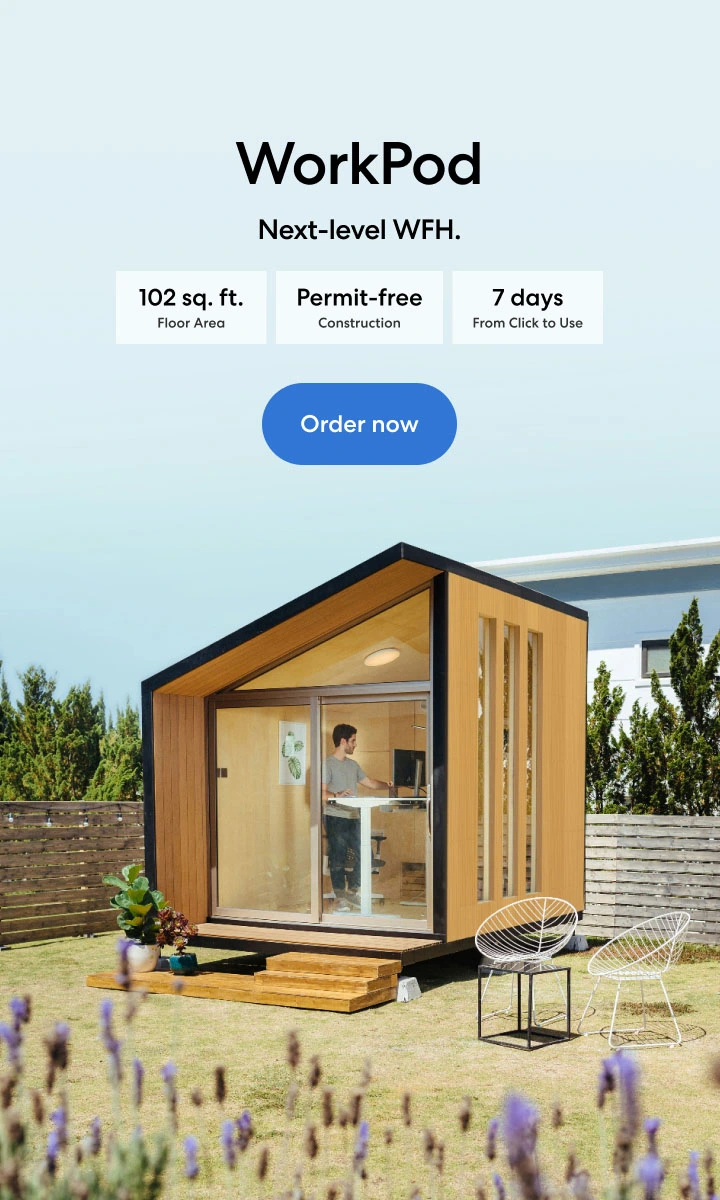
Mastering the Art of Early Bedtime: How to Go to Sleep Earlier
Table of Contents
Are early mornings a struggle, leaving you feeling groggy and unproductive? If you're yearning to unlock the benefits of waking up earlier, it's time to revamp your bedtime routine. Going to sleep earlier can work wonders for your physical and mental well-being. It strengthens your immune system, elevates your mood, and supercharges your memory. But with a hectic schedule and distractions aplenty, how can you achieve this?
We will guide you through the art of early bedtime with a straightforward routine. Additionally, we'll introduce you to the Habit Bracelet, a smart wearable that cultivates good work habits, promotes healthy exercise habits, and optimizes your sleep patterns. Discover how to seize the benefits of an earlier bedtime and embrace the transformative power of the 𝛌 Ring. Let's dive in!
How to Go to Sleep Earlier
Following are the things that will help you how to go to bed early and how to get to sleep quicker:
1. Set a Realistic Bedtime Goal
Figure out how much sleep you need and what time you want to wake up. Then, calculate your ideal bedtime by subtracting your sleep needs from your wake-up time. For example, if you need eight hours of sleep and want to wake up at 6 a.m., your bedtime goal should be 10 p.m.
2. Gradually Adjust Your Bedtime
If you are used to going to bed late, it may be hard to fall asleep immediately. Instead of making a drastic change, try shifting your bedtime by 15 minutes every few days until you reach your goal. This will help your body and mind adapt to the new schedule.
3. Avoid Caffeine, Nicotine, and Alcohol in the Evening
These substances can interfere with your sleep quality and make it harder to fall asleep earlier. Avoid consuming them at least four hours before your bedtime. If you need a drink or a snack before bed, go for something light and soothing, such as herbal tea or warm milk.
4. Limit Light Exposure at Night
Light can suppress the production of melatonin, the hormone that regulates your sleep-wake cycle. To go to sleep earlier, you need to reduce the amount of light you get in the evening. This includes artificial light from screens, lamps, and other devices. Turn off or dim any unnecessary lights in your bedroom and avoid using your phone, computer, or TV at least an hour before bed. You can also wear an eye mask or use blackout curtains to block out any external light sources.
5. Get Enough Light Exposure in the Morning
On the flip side, light can also help you wake up earlier and feel more alert during the day. To reset your circadian rhythm, you need to expose yourself to bright light as soon as you wake up. This can be natural light from the sun or artificial light from a lamp or a device. Try to get at least 30 minutes of light exposure in the morning to signal your body that it is time to start the day.
6. Exercise During the Day
Physical activity can improve your health and mood, as well as your sleep quality and quantity. Exercise can also help you feel more tired and ready to go to bed earlier. However, avoid exercising too close to your bedtime, as this can make you feel too alert and energized. Aim for at least 150 minutes of moderate exercise per week and finish your workout at least three hours before bed. Exercise is one solution for how to start going to bed earlier.
7. Establish a Relaxing Bedtime Routine
Do activities that help your mind and body slow down and switch off before bed. Your routine can include any number of relaxing activities, such as taking a warm shower or bath, meditating, reading, listening to music, or journaling. Avoid any activities that are stimulating, stressful, or emotionally upsetting, such as checking work emails, watching the news, or having an argument. Go through health challenge ideas to find more things you can do.
8. Make Your Bedroom Comfortable and Conducive to Sleep
Your sleeping environment can affect how well and how fast you fall asleep. To go to sleep earlier, you need to make sure your bedroom is comfortable and conducive to sleep. This means keeping it cool, quiet, dark, and clean. To create a soothing atmosphere, you can also use aromatherapy, such as lavender or chamomile.
9. Stick to a Consistent Sleep Schedule
Once you have established a routine for sleeping earlier, it is important to maintain it every day. Waking up and going to bed simultaneously each day helps your body develop a regular sleep pattern and makes it easier to fall asleep earlier. Try not to deviate from your schedule by more than an hour on weekends and holidays.
10. Track Your Progress and Reward Yourself
Sleeping earlier can be challenging at first, but it can also be rewarding in the long run. To motivate yourself and keep track of your progress, you can use a device that monitors your sleep habits and gives you feedback on how well you are doing. One such device is the 𝛌 Ring, a smart wearable that tracks your habits and motivates you to achieve your goals. You can also reward yourself with something that makes you happy, such as a treat, a gift, or a compliment.
Conclusion
Embracing an early bedtime is a transformative habit with far-reaching benefits for your health, productivity, and mood. The insights and steps we've shared in this article empower you to discover how to sleep earlier than usual and unlock the secret to getting to sleep quicker.
By making these changes, you can also bid farewell to bad work habits and foster a workspace with healthy office habits that synergize with your sleep cycle. To help you on this journey, the Habit Bracelet is a valuable tool, enabling you to track your progress and celebrate your achievements.
We trust you've found this article not only helpful but also enlightening. Here's to a well-rested, more productive, and happier you!
Stay connected with us!
Subscribe to our weekly updates to stay in the loop about our latest innovations and community news!
Interested in a Link Placement?
Spread the word
.svg)


.webp)





.webp)

